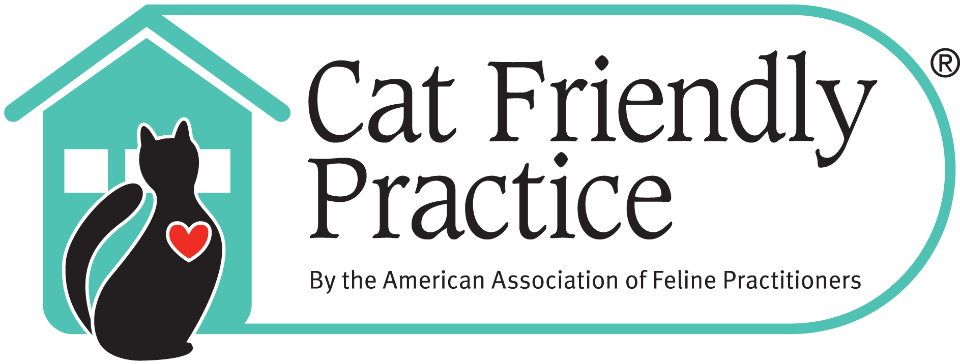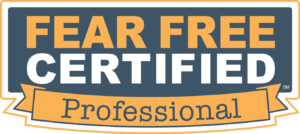After surgery we want owners to be able to relax and not add any stress while their pets are healing. At Riverview Animal Hospital, we make sure that we do a pre-operative exam before the surgery to go over expectations for the post-operative period. If you have any questions, please don’t hesitate to ask! Here are things we may go over, please ask if any of your concerns or questions are not answered.
1. E-collar: We may recommend an e-collar so your pet cannot lick their incision(s). Keep the e-collar on until directed by the veterinarian.
2. Incision Care: We will go over if sutures or staples need to be removed and how soon after surgery. This is typically done as a technician/assistant appointment and unless your pet needs to be sedated for some reason or follow up medications are needed, there is no cost involved.
3. IV Catheter Site/Blood Pressure Site: During surgery we will shave hair for your pet’s IV catheter (usually a front leg) and a place for the blood pressure monitor (usually a rear foot). This hair will grow back but it may be irritating to them as it does and they may try to lick at it, that’s ok. Just like in people, there may be bruising at the IV catheter site, this too will go away.
4. No Bath: We typically recommend no bathing for 14 days after surgery so the incision can remain dry and heal.
5. Exercise Restriction: Depending on which procedure or surgery your pet had done; we usually recommend 10-14 days with restricted exercise. This means no free running outside or walks. Stairs are fine within reason.
6. Anti-anxiety Medications: If it is hard to keep your pet calm post-operatively and difficult to restrict their exercise, let us know and we can fill some short-term anti-anxiety medications to help keep them calm.
7. Medications: Make sure you read the directions as to when to start the medications, if it is once or twice daily and if it needs to be given with food or not. Please finish out all medications as prescribed, even if you don’t think your pet needs them. If you have any questions about the medications, don’t hesitate to contact us!
8. Diet: We recommend an easily digestible, prescription diet after anesthesia. This makes it easier on your pet’s GI tract and is great for giving medications after surgery. We don’t recommend giving your pet a new diet at this time as it can cause an upset stomach. If we recommend a softened diet after a dental procedure, just add water to their regular hard food so that they don’t get diarrhea.
9. No Treats, No Toys, No Hard Food: After oral surgery and extractions we will give you these strict rules for a certain period of time. As hard as it is to follow, it is important to follow so that your pet’s gums and incision sites heal properly.
10. Recovery period: Every surgery is different and every animal is different. Recovery can vary from pet to pet but know that if you follow our recommendations your pet should heal faster and be back to their normal self in no time! If you have any questions or concerns during the recovery period, please do not hesitate to contact us!



